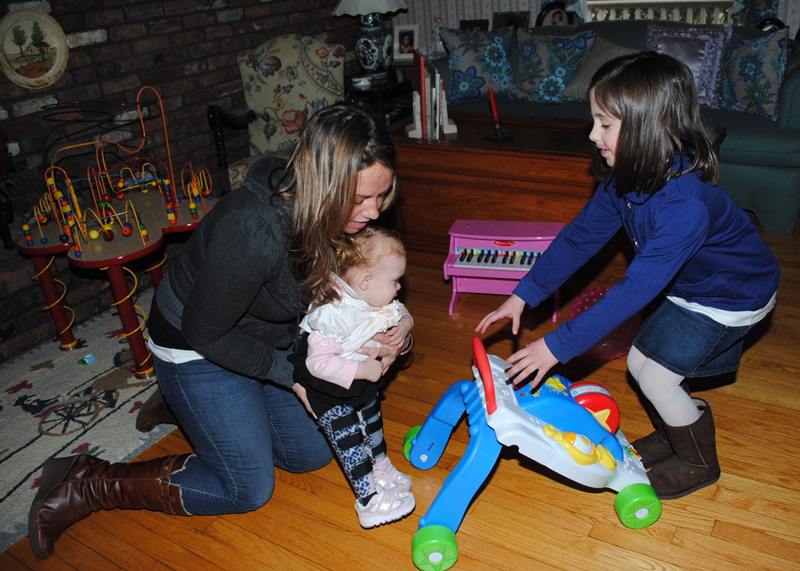Overview of Early Intervention
|
A disability means that a child has a diagnosed physical or mental condition that has a high chance of resulting in a delay. These include, but are not limited to, autism, Down syndrome, motor disorders, or vision and hearing problems. Appendix B provides a list of these conditions and indicates the licensed professionals qualified to diagnose these conditions under New York State education law. A developmental delay means that the child is behind in at least one area of development. The delay as measured by tests must be at least a 33% or 12-month delay or a score of 2 standard deviations below the mean in one area of development, or a 25% delay or score of 1.5 standard deviations below the mean in at least 2 areas of development. The developmental areas that are tested include:
For children who have been found to have a delay only in the communication domain, delay shall be defined as a score of 2.0 standard deviations below the mean in the area of communication; or, if no standardized test is available or appropriate for the child, or the tests are inadequate to accurately represent the child's developmental level in the informed clinical opinion of the evaluator, a delay in the area of communication shall be a severe delay or marked regression in communication development as determined by specific qualitative evidence-based criteria articulated in clinical practice guidelines issued by the Department.
A child can be referred to the Early Intervention Program by various health professionals or by his/her parent(s). All children referred with a suspected disability are entitled to receive a multidisciplinary evaluation to determine their eligibility for early intervention services. Children with a diagnosed condition will still need an evaluation to help plan early intervention services. Please see the Checklist for Growing Children and the Early Intervention Steps: A Parent's Basic Guide to the Early Intervention Program for more information. |



 The New York State
The New York State 
